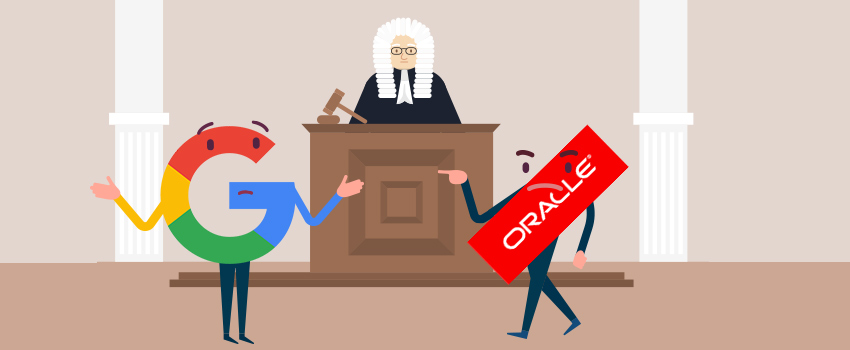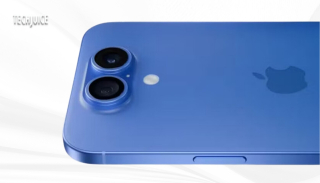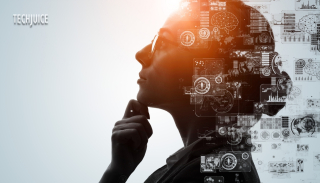Google and Oracle have been battling it out since 2010. Google has now filed a petition in the US Supreme Court over U.S. Court of Appeals for the Federal Circuit 2018 verdict. The ruling found Google infringing Oracle’s copyright on Java’s programming interfaces.
The case dates back to 2010 when Oracle acquired Sun Microsystems, the developer of Java. Java was used by Google to develop the world’s most popular mobile OS, Android. Oracle believes that Google violated their copyrights and that it owes them $8.8 billion.
Google’s stance is that copyright laws don’t extend to application programming interfaces (APIs). It was successfully able to defend its position in 2012. However, the Federal Circuit sided with Oracle in 2014 and a second trial took place in 2016.
Last year in March, Federal Circuit ruled that Google had copied Java APIs and the act did not fall under fair use.
Google had asked the for Supreme Court hearing in 2014, but the appeal was rejected. It believes that a lot has changed since then. It now wants the supreme court to rule on if APIs can be copyrighted or not. Google believes that they are fundamental to developers. They say less than 0.1% of the 15 million lines of code match with Java. The petition said
“Unless the Supreme Court corrects these twin reversals, this case will end developers’ traditional ability to freely use existing software interfaces to build new generations of computer programs for consumers. Just like we all learn to use computer keyboard shortcuts, developers have learned to use the many standard interfaces associated with different programming languages. Letting these reversals stand would effectively lock developers into the platform of a single copyright holder—akin to saying that keyboard shortcuts can work with only one type of computer.”
Oracle thinks it’s nothing but Google’s argument to shelter itself from paying royalties. Oracle’s Executive Vice President and General Counsel Dorian Daley said,
“Google’s petition for certiorari presents a rehash of arguments that have already been thoughtfully and thoroughly discredited. The fabricated concern about innovation hides Google’s true concern: that it be allowed the unfettered ability to copy the original and valuable work of others for substantial financial gain. In major victories for software innovation, the Court of Appeals has twice sided with Oracle against Google. The Supreme Court should once again deny Google’s request to take the case.”












